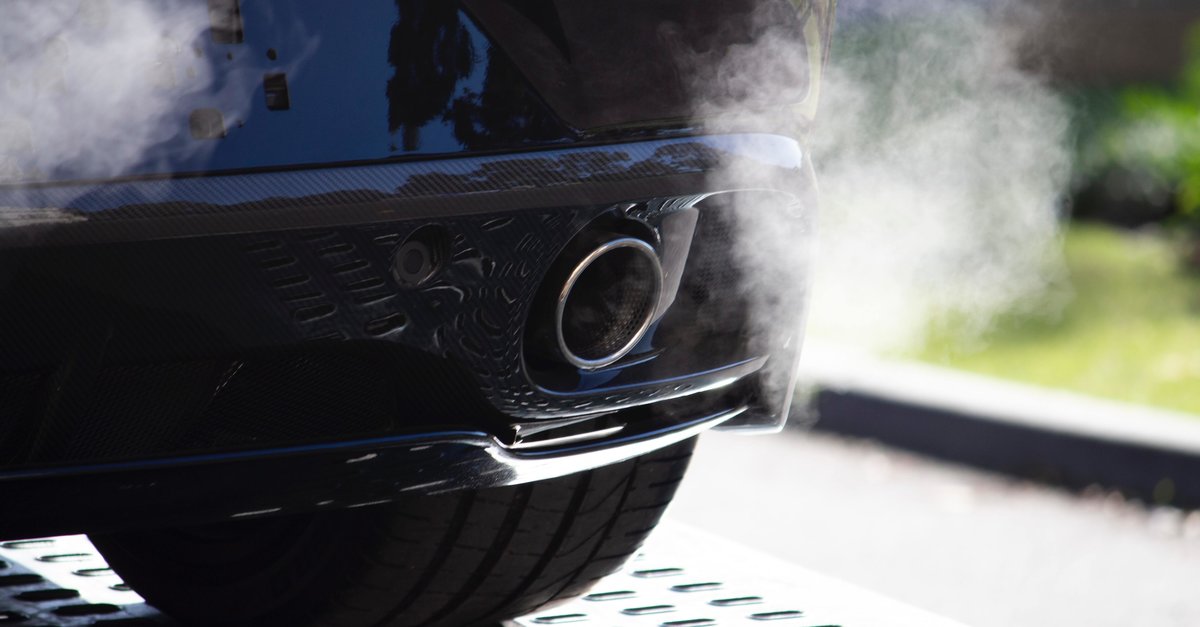Drivers must remember this date
No exception for e-fuels: from the year 2035, cars with combustion engines will no longer be allowed. According to Environment Minister Steffi Lemke, there is now agreement “on all points” with the EU Commission. A special German approach to e-mobility is thus off the table.
Federal government supports EU proposal to stop combustion engines
The dispute over the details of Ban on internal combustion engine cars seems off the table. The Federal Government now supports the EU Commission’s plan “in all points”, as Environment Minister Steffi Lemke (Greens) explains (source: Automotive News Europe). According to the plan, internal combustion engines for cars and delivery vans will no longer be permitted in principle and without exception from 2035.
The federal government had previously insisted on an exception. Combustion engines powered by e-fuels should still be approved after 2035 because they have a good climate balance. When the synthetic fuel is burned, only the CO₂ that was used during production is released. Also known as “electric fuels”, e-fuels are produced from water and CO₂ using electricity. According to a study, however, the efficiency leaves a lot to be desired.
Meanwhile, some car manufacturers are planning to continue using e-fuels. At least VW wants the fuels retained for existing vehicles and even increase production over the next few years. The aim is to produce 550 million liters a year by 2026. Porsche also considers e-fuels to be a “sensible addition to electromobility”.
Is an electric car worth it?
Netherlands and Belgium plan earlier ban on combustion engines
A ban from 2035 does not go far enough for some EU countries. The Netherlands and Belgium are demanding one earlier exit in 2030. France, on the other hand, has set itself the goal of reducing CO₂ emissions from cars with internal combustion engines by 55 percent by 2030. There are still too few e-cars on the roads for Germany’s destinations.



